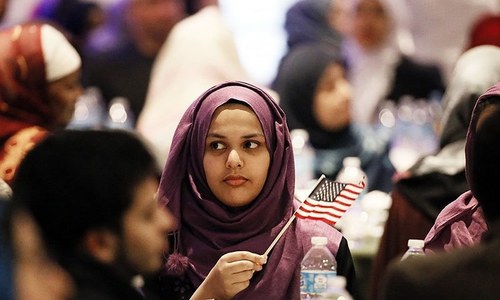Pakistani-American couple donates $15 million to Catholic university

An American couple of Pakistani origin announced $15 million for the University of Notre Dame to create an institute that will aim to deepen knowledge of religion and seek to explain how the traditions and practice of various faiths influence world events, a New York Times report said.
Rafat and Zoreen Ansari, who moved the US more than four-decades ago, are medical doctors who were born in Pakistan. They spent their lives giving back to the country which gave them their fortune, giving away an estimated $1 million and countless hours to non-profit organisations which focus on children with autism, a condition which affect one of their own children.
After more than a year of deliberation, the Ansari family decided to donate $15 million dollars to develop the Rafat and Zoreen Ansari Institute for Global Engagement With Religion at the University of Notre Dame.
“We came as immigrants, and this country has given us so much,” Zoreen said acoording to NYT, ahead of the announcement. “We want to give something back to America, but also to humanity. We want to promote the idea of equality.”
“In the last couple of years, the majority of problems have been created by the misunderstandings among the religions,” said Rafat, an oncologist and haematologist, NYT reported. “Is this the right time for the announcement? Yes, because there is so much going on.”
The donation itself is sizeable for both the university and the Ansari family, who consulted their longtime advisers Merrill Lynch to sort out the process of managing the funds. The finances are going to be held as appreciated securities and cash, and would be disbursed gradually over the years.
“Whenever you get a gift of this size, it’s tremendous, but particularly to have this named for the Ansari family, who is Muslim, is tremendously meaningful to us,” said the Reverend John I. Jenkins, the president of Notre Dame, NYT reported. “We believe religion is very important in our world. It can have a negative impact, but it should be possible to study the ways religion can be a force for human development and peace.”
Father Jenkins said the institute would look at religion not through a sociological or political lens, but through one focused on the religions themselves.












































